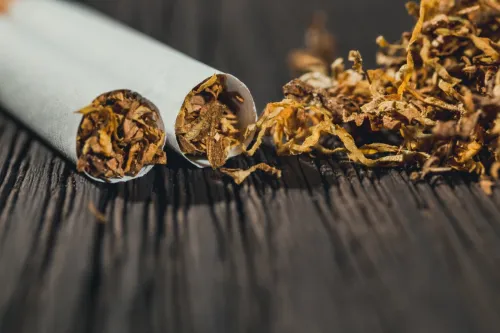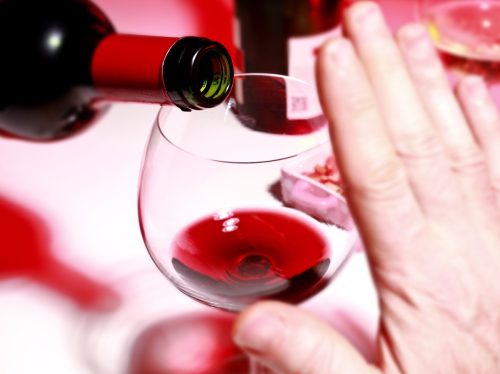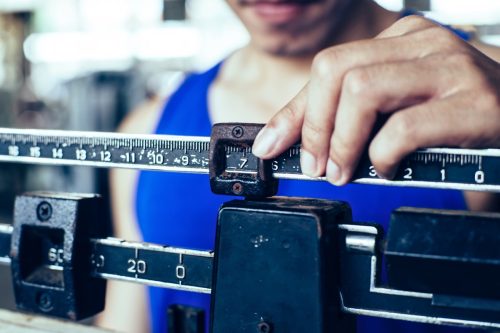Oncologist Shares 5 Things He “Would Never Do as a Cancer Doctor”

One of the most challenging realities about cancer is that, in many cases, experts can’t pinpoint a single cause for the disease. At the same time, there are a number of risk factors that could make you more likely to develop cancer, and many of them are preventable. To this point, oncologist Waqqas Tai, DO, recently opened up about what he avoids to keep his own risk low. Read on to find out the five things he says he “would never do as a cancer doctor.”
RELATED: 2 Common Dietary Habits Are Causing Colon Cancer in Young People, Researchers Say.
1
Smoke tobacco

In a May 27 TikTok video, the first thing Tai tells viewers is to avoid tobacco at all costs.
“Smoking tobacco, using any tobacco products, and vaping—all that is carcinogenic. The tobacco products, the tobacco itself has carcinogenic properties,” he warns.
According to the American Cancer Society (ACS), tobacco smoke contains thousands of chemicals, including at least 70 known to cause cancer, which are referred to as carcinogens.
“Plus, the combustion aspect of smoking has a lot of carcinogenic problems as well as it causes tar to build up in your lungs, which causes tissue damage to the lungs and that can also cause cancer,” Tai adds.
2
Drink alcohol

Tai says he also does his best to avoid alcohol altogether. As the oncologist points out, the Centers for Disease Control and Prevention (CDC) actually recommends not drinking at all if you want to lower your risk for cancer.
“Any level—even one glass of red wine at dinner—is carcinogenic,” Tai explains.
RELATED: 36-Year-Old Colon Cancer Patient Shares “Very Confusing” First Symptom.
3
Eat certain meats

You may want to stop eating some specific foods as well.
“All red meats and deli meats are carcinogenic,” Tai says. “The aspect of salting, curing, smoking these meats creates a lot of carcinogenic byproducts, which are extremely toxic anywhere from your mouth down to your esophagus, colon, and through your rectum.”
4
Skip sunscreen

Regularly wearing sunscreen is important for preventing cancer, too.
“Any skin that’s going to be exposed to the sun has to be covered, especially if you’re going to be driving for a long time to work or you’re a commuter,” he says. “You need to cover your face, neck, back of your neck, and hands, arms—anything that’s exposed to the sun.”
It’s not an apply once, and you’re done situation, either. “You need to repeat that every few hours to get continued UV protection throughout the day,” Tai adds.
RELATED: 8 Best Mineral Sunscreens for Your Face, According to Dermatologists.
5
Ignore obesity

Tai’s final tip involves preventing obesity. “If you are overweight, you are at a higher risk of cancer,” he explains.
To lower your risk, “You need to do a vigorous exercise, 150 minutes per week,” Tai advises.
But if you’re still struggling, you may need to talk to your doctor and consider other options, according to the oncologist. “Whether it’s bariatric surgery or some of the newer drugs out there such as Ozempic or Mounjaro, you need to lose the weight,” he says. “Obesity is a known risk factor of cancer.”
Best Life offers the most up-to-date information from top experts, new research, and health agencies, but our content is not meant to be a substitute for professional guidance. When it comes to the medication you’re taking or any other health questions you have, always consult your healthcare provider directly.
- Source: ACS: Tobacco Smoke
- Source: CDC: Alcohol and Cancer